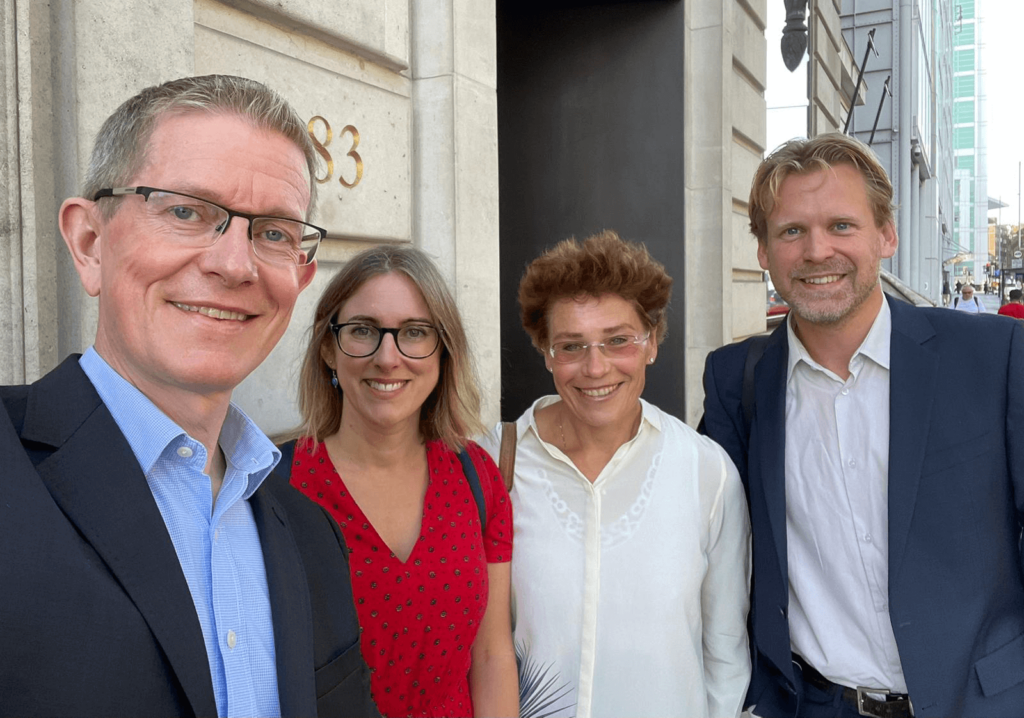
New funding will allow researchers to uncover new information about the changes that occur in the developing brain during late childhood and adolescence, with a focus on both neurotypical and neurodivergent development.
A Wellcome Discovery Award has been awarded to an interdisciplinary team of researchers at Cardiff University, Cambridge University and the Donders Institute in The Netherlands. The award of £5,991,696 will fund research that aims to understand how the development of the brain at the microscopic level between the ages of 8 and 18 years is linked to cognitive and social-emotional development.
The research will also investigate brain development in children and adolescents with 22q11.2 Deletion Syndrome. This is a genetic condition, caused by the deletion of around 40 genes on chromosome 22, which is associated with neurodevelopmental and mental health outcomes.
Professor Marianne van den Bree, Neuroscience and Mental Health Innovation Institute at Cardiff University, said: “Late childhood and adolescence are crucial periods of life during which vulnerability to mental health issues tends to become manifest.”
“This study will allow us to map brain development at a microstructural level, and link this to how children and adolescents develop in terms of their cognitive abilities, social and emotional processes and mental health.”
Professor Sarah-Jayne Blakemore, University of Cambridge
Professor Derek Jones, Director of the Cardiff University Brain Research Imaging Centre (CUBRIC) and School of Psychology at Cardiff University said “The award will enable us to use advanced imaging techniques to study macroscopic and microscopic changes in the developing brain to a level that has never been attempted before. Whilst broad changes in the brain during development are now relatively well established, much less is known about brain development at the level of the cell and the connections between them.”
Professor Rogier Kievit, Donders Institute (and affiliated to the MRC Cognition and Brain Sciences Unit), added: “We increasingly realize that to truly understand the development of the brain and challenges that might arise, we must study how the brains and behaviours of people change over time. This project will allow us a unique combination of spatial precision across a period of years to see how brain changes emerge and unfold“
The team of investigators hopes that the findings of their study will be applied in the future to facilitate early detection of mental health risk and provide an evidence base for longer-term interventions.
Image credit – SJ Blakemore. Pictured L-R: Jones, Blakemore, van den Bree, Kievit

Posted on 06/02/2024